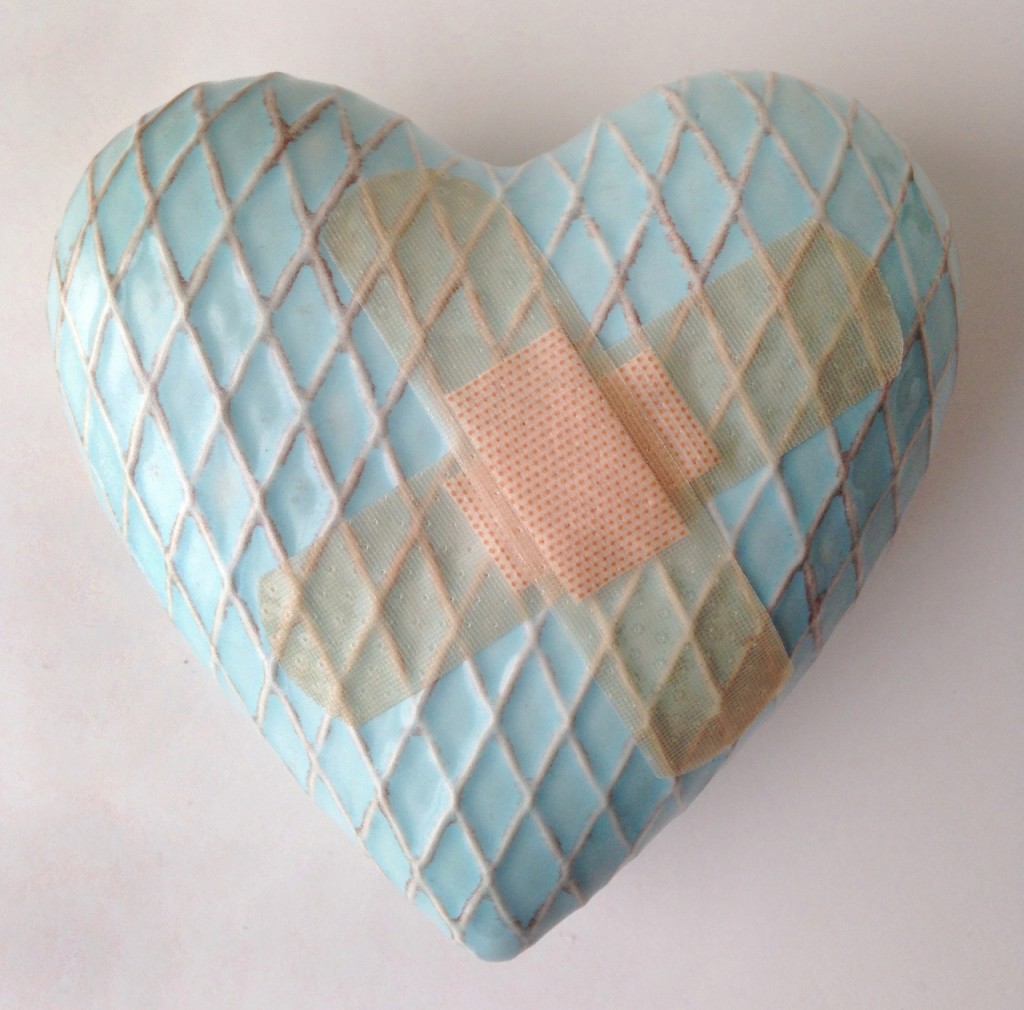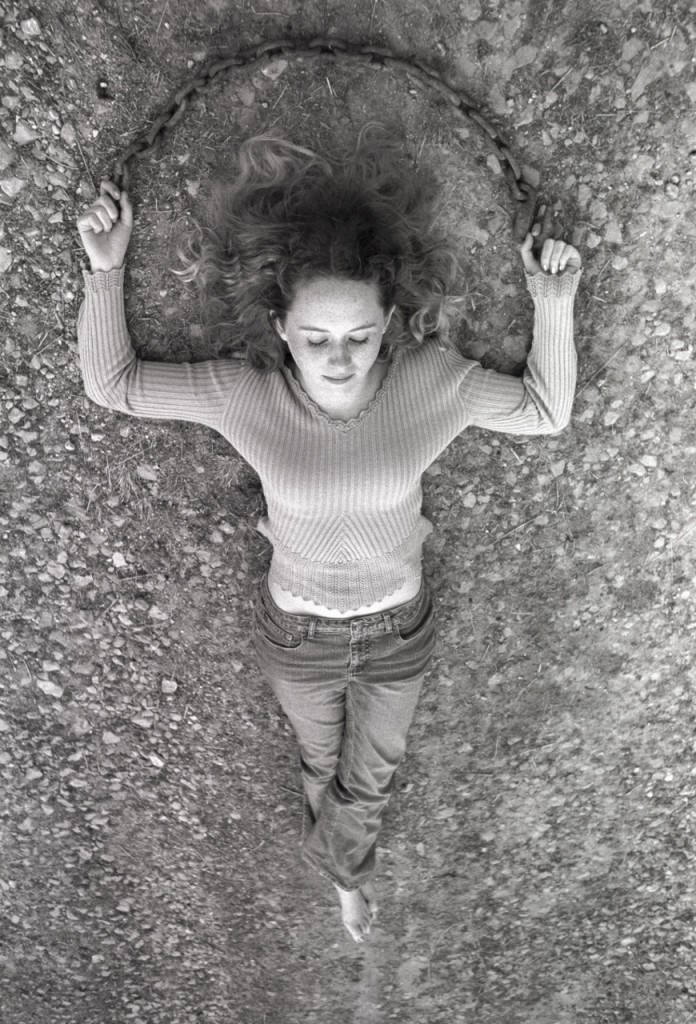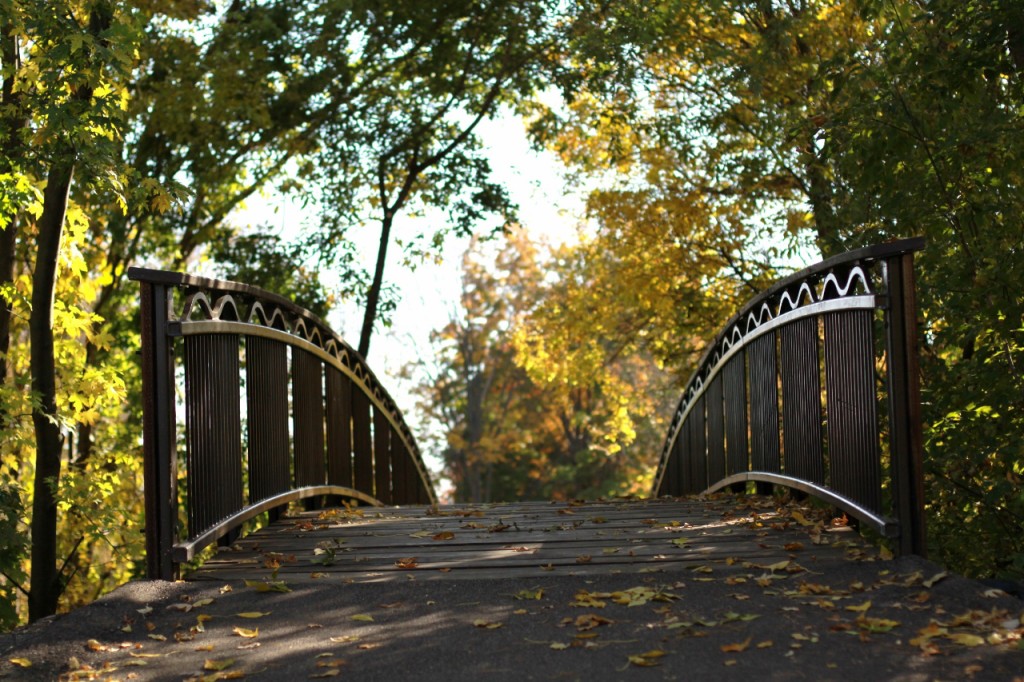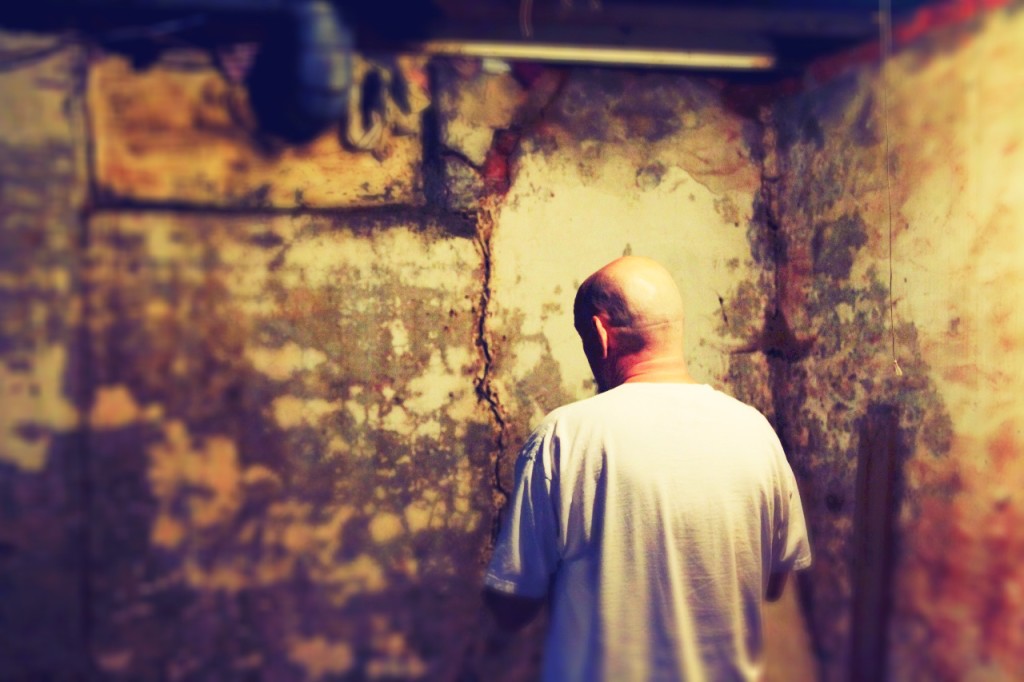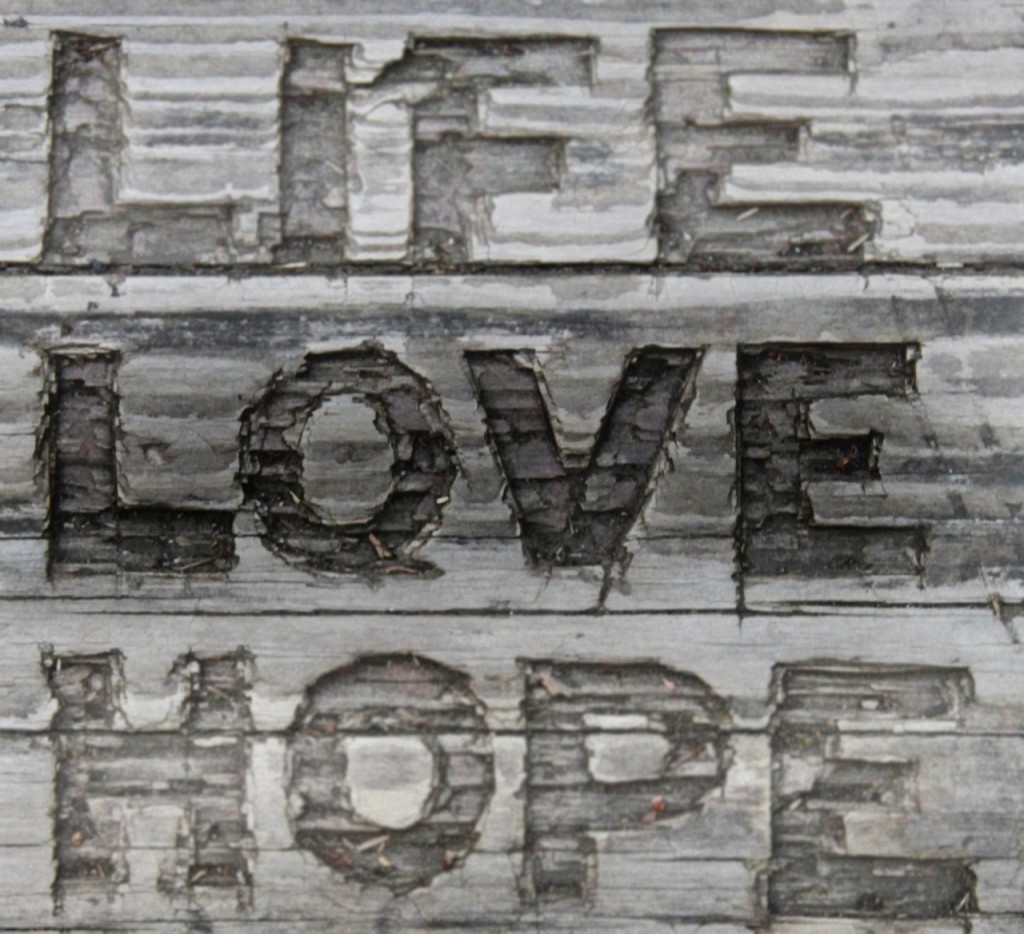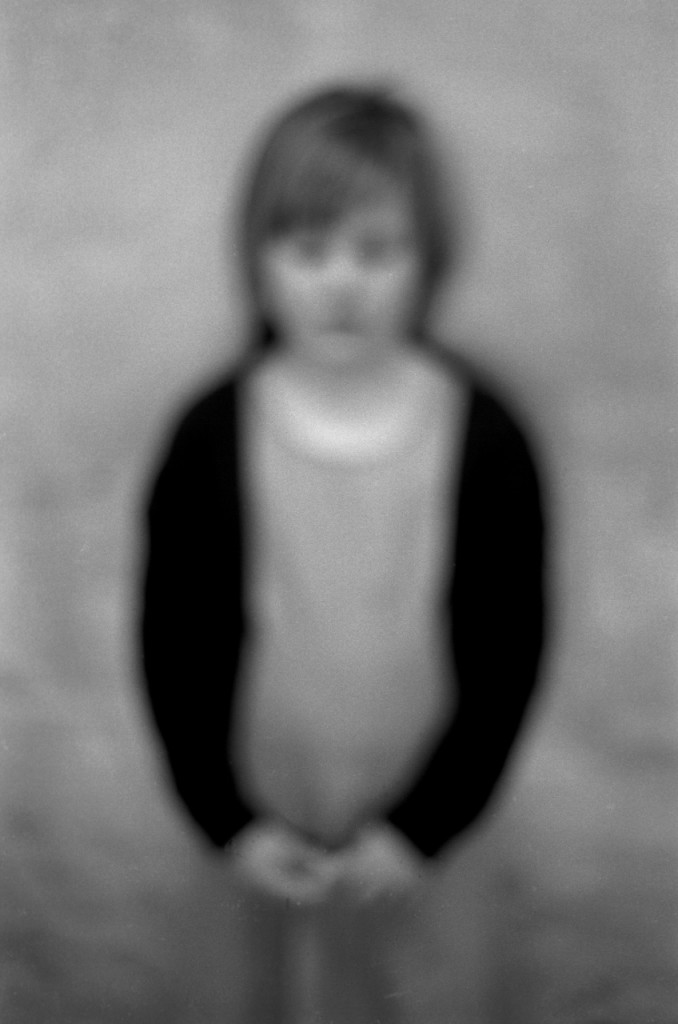
By Kimberly Dark
In my dream last night, I was raising a child in some kind of low-class addict’s crash-pad. She was a toddler. After I woke up on a mattress on the floor to the sound of some guys setting up a keg on the front lawn, I found her in the bathroom. She’d crawled up onto the sink for a little bath and had her clothes ready to put on. She couldn’t have been more than three. She was doing a good job looking after herself.
I realized I didn’t know what had happened, or if I’d tended to her at all the day before. She was happy to see me and my misery was deep. You should’ve seen the carpet in that place.
•••
Look, I didn’t fuck it up. Not in real life. It was just a dream.
That parenting gig, I didn’t fuck it up even remotely. My son didn’t spend a minute in a place like that. Not a minute. And I wasn’t high when I was pregnant, nor when I was raising him. His dad was getting high a lot when I met him, but by god, he picked right up. He was already picking himself up by the time I got pregnant—okay, we didn’t plan that part—but there was no way we were going to mess up something so obviously meant to make us better people. There was just no way. We loved that kid fierce-like from moment one. Then we sent him to college. Follow-through like a medal of honor. I was always grateful to my son’s father for seeing things like I did when it came to loving our kid.
Recently, my son told me that his father and I consulted him more often on family decisions than he and his partner ever consult their son. They just tell him what’s what. We treated him like he was the Prince of the Place. We gave him choices, asked for opinions, provided opportunities as fast as most people change the TV channels. We weren’t perfect, but we gave the task our attention, our care, that’s for sure.
My grandson has opportunities too, but it’s different. They decide a thing and lay it down. He goes along. That kid’s happy. My son was happy. Sure, he had troubles; it’s life. And now he’s exhausted; they’re parents. They seem like good parents but they’re not precious about it like his father and me. They were both raised in households where nobody was drunk or hitting them or trying to have sex with them when they were kids. Okay, I yelled more than I wish I had, but I didn’t belittle him. I apologized. I provided. Lots of things, including lasting love. Maybe that made some difference.
•••
I was up at two a.m. before falling asleep again to have that dream with the little girl who was probably hoping I’d get cleaned up, too, and go to the grocery store. Before I had the dream, I was awake and reviewing conversations in my mind with colleagues, with ex-lovers, reviewing things I wish I could say now. Mostly those “can’t we just take a look at ourselves?” kind of things that help people have a laugh, re-connect in a loving way, and get on with feeling fine. Damn it, I can’t stand not being able to just get on with it. I forgive everything. I mean, I do. I may not trust a person again in the same way after things get shitty. Or I may even decide to trust again. People aren’t all one way or another. People have to do what they have to do, be who they are, work out their own stuff. That includes me. I definitely want someone to cut me some slack, keep loving me even if I fuck things up. Mostly, I get back what I give in that regard. Mostly I’m still loved. Mostly.
So, I was up thinking through past conversations, as I do at two a.m. Sometimes I’m reviewing how I’d like to give someone a piece of my mind, but usually it’s not an in-your-face kind of piece of my mind. It’s more like, why can’t I get you to understand me? Jesus, will you just listen? It’s like that. I hate being misunderstood worse than most things, and somehow as soon as people are attracted to each other in some kind of big way, the possibility for misunderstanding skyrockets.
But even when I’m trying to get someone to understand me, it’s usually so we can just have a little look at ourselves, have a little laugh and get on with it. I value ease. I value intimacy.
Here’s what I don’t do at two a.m. nearly as often as I used to: pick up the damn phone and call the person. Send an email. Text or message them looking for a response.
So, at two a.m., I was thinking through what I would say to whom, if only there was someone listening. But even though my mind gets going enough that I can’t sleep, something’s still all right in there. My mind’s not all evil-carnival-at-midnight and goodness knows it can be. I’ve gotten into deep shit in my own head after dark. But not so often anymore. My mind can get going, and still, there’s that witness part of me that stands off to the side of those head-conversations and offers gentle observations and commentary. She never used to show up at two a.m. I used to have to go find her during meditation, or on a long walk, or in the calm after a good workout. This feels like progress that she’s with me almost all the time now. Not always, but hey, she even shows up at two a.m. on occasion and she was with me last night.
She was saying, wow, look how much you still want to be loved. Look how much you are still playing out the programming of your childhood, in which you longed to be valued and understood, no matter what you looked like. You felt so different and you just wanted to be known by a few people who got you. You didn’t want to feel used for someone else’s pleasure or pride or to soothe another’s misery. It all makes sense. Look at you now, trying to get the love you want. Good for you, not trying to use others to soothe your misery. Good for you. Good you. Good.
See how that works? The mind that wants to explain something to others and make me seem lovable again? It may still do that, and now explains that stuff to me too.
Look, it’s been decades since I’ve spent any time at all in those misery-hovels where people are broke and getting high and neglecting their kids and eating Taco Bell for dinner again. Holy shit, I recall thinking once. That guy’s eaten nothing but Taco Bell for, like, thirty years. How is he still alive? I mean, that was never, even remotely going to be my life. The witness in me knew it wasn’t going to happen and yet, I stood on that carpet enough times. Carpet that’s been puked on and dried up and scrubbed every few years by somebody’s new girlfriend, and worn through and plywood’s showing underneath and who could give one shit because the landlord never—I mean never—comes to even have a quick look. In my dream, I looked down at my feet on that carpet, and the scent of piss came back like it was yesterday. I still look down at my feet on that carpet and it feels like something I deserve. Sometimes I feel a rage when that happens. Sometimes I just feel small.
My god, when I saw her giving herself a bath in the sink and realized that I had fucked up, the pain was almost unbearable.
In the waking hours, the real time, the day-living in which all of the actual things happen, I don’t fuck things up. I don’t let people down. I’ve done things lovers didn’t like; I’ve left. But I’ve never lied about fucking around or disappeared or stolen from someone I loved or made the slightest vindictive move toward anyone when I’ve felt wronged. I’ve felt wronged and I’ve yelled about it. I can ride a sarcastic tone off into the sunset, but yippee-i-ay, I always hope someone comes looking for me there, sitting by my campfire sobbing, sarcasm sleeping in the sagebrush.
Sure, there may have been times when I could’ve done more to keep a friend from going off with that guy who raped her or to talk someone out of an abusive relationship, but that’s hindsight stuff. That’s in the probably-wouldn’t-have-worked-anyway category of things that might’ve been. I always did my best. I always pulled up out of my own pain on behalf of others.
Sometimes I didn’t even take the drugs so I could look after the wasters in my company. Like that time I pocketed a hit of acid at the last minute when everyone else dosed because wow, traffic. It’s like we were dropping acid in the middle of a racetrack. I was stoned but then that wore off and I acted as babysitter for the next eight hours and no one walked into the headlights on my watch. That’s just how I was. How I am. Always thinking it through.
Even still sometimes, I’m afraid. I’m afraid I could still be to blame for something. Two a.m. me is particularly suspicious. Maybe I think I have it together, but I really don’t. I want to be better than everyone else. (Because let’s face it, how easy will that be?) And I also want to learn to let it rest. It’s tiring. I do okay. And it’s tiring.
At two a.m., the witness asked me, “Will you always be trying to prove you’re worthy of love? Or can you just accept love?”
And I paused, in whatever review-of-the-pain I was conducting and said, “Shit man, I don’t know.”
That witness, she’s kind. She’s patient. No matter what.
Then there was enough spaciousness in my head to allow sleep. But that dream came. And when I woke, I shed a few tears, shook my head and thought, wow. The fear of forgetting, the fear of fucking up is long and wide and deep and maybe sometimes useful. It’s like a wound that doesn’t close. A long, beautiful blood-lake you could sail under the light of a full moon. Like a tear in the earth after a volcano erupts, making new land.
•••
KIMBERLY DARK is a writer, teacher, and storyteller who wants you to remember that we are creating the world even as it creates us. Read and gawk and learn at www.kimberlydark.com.

 Follow
Follow
